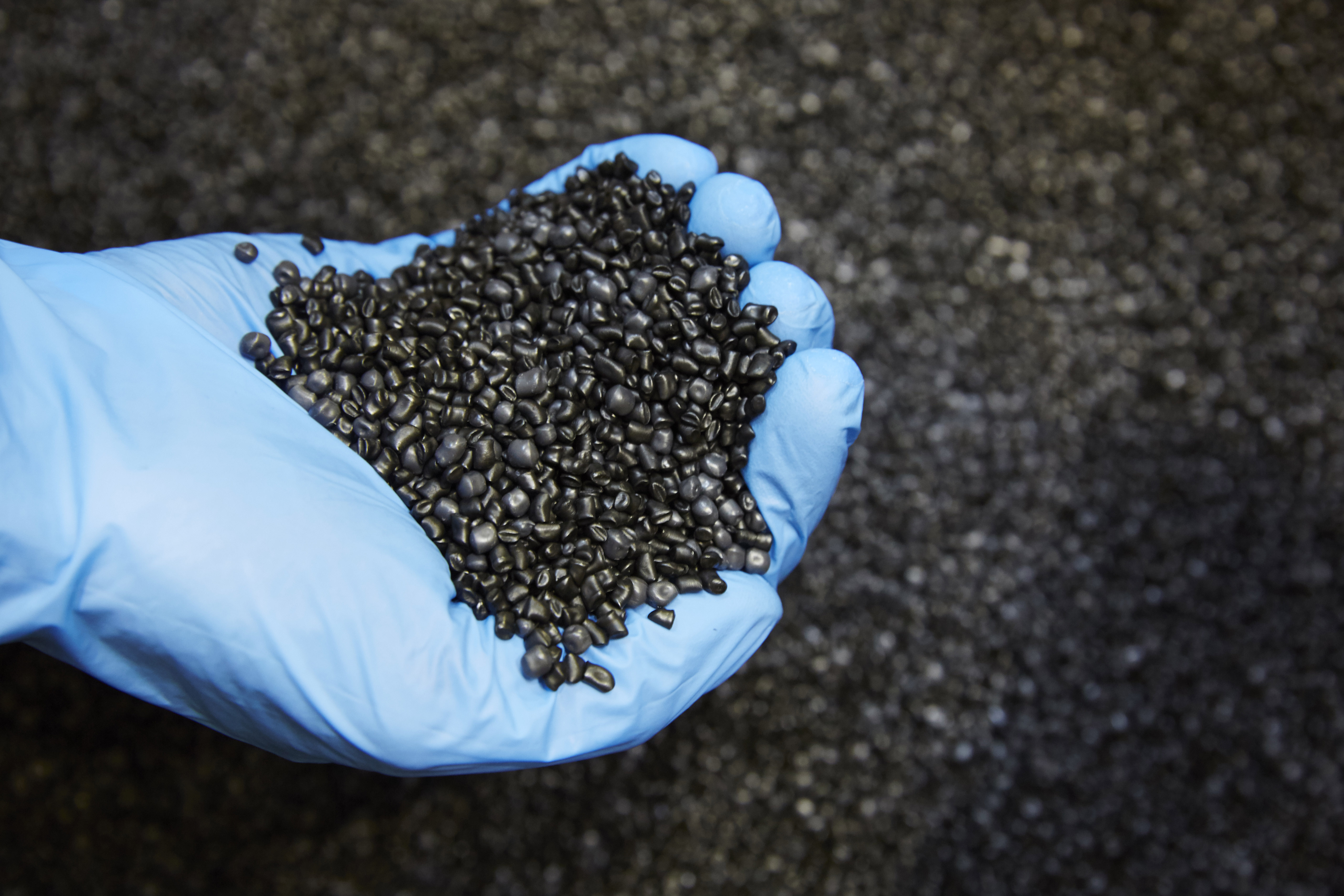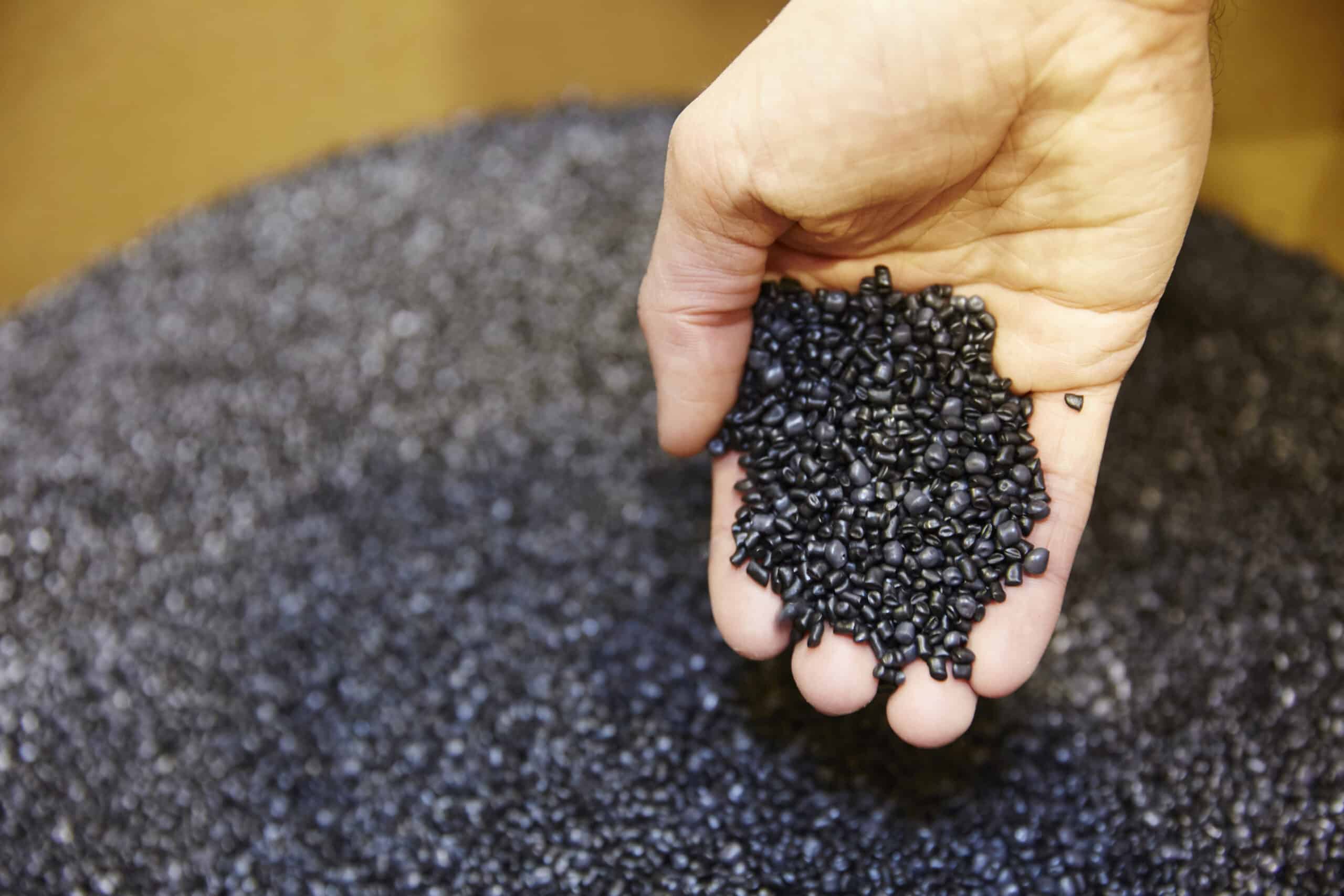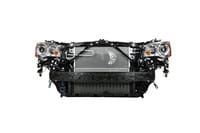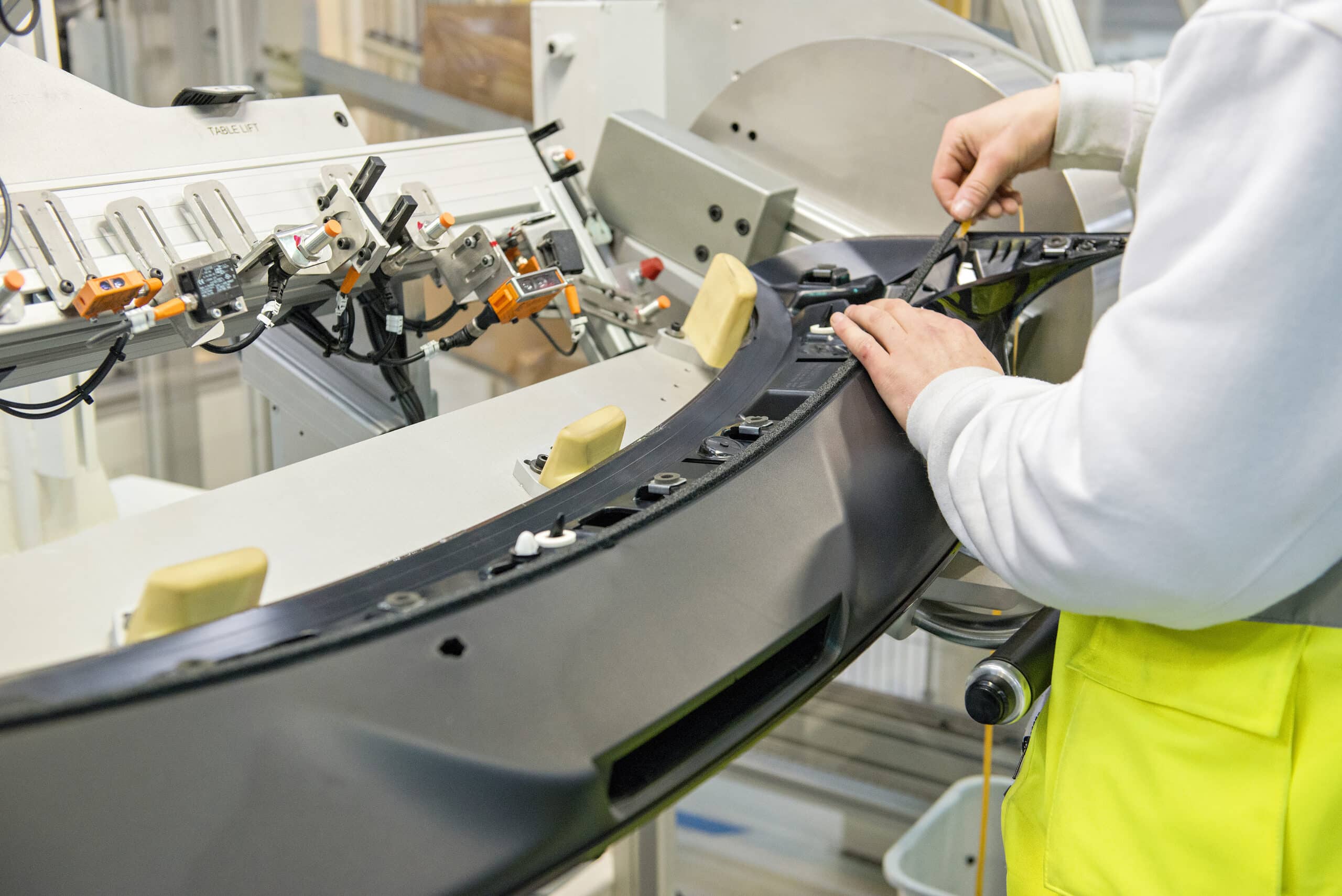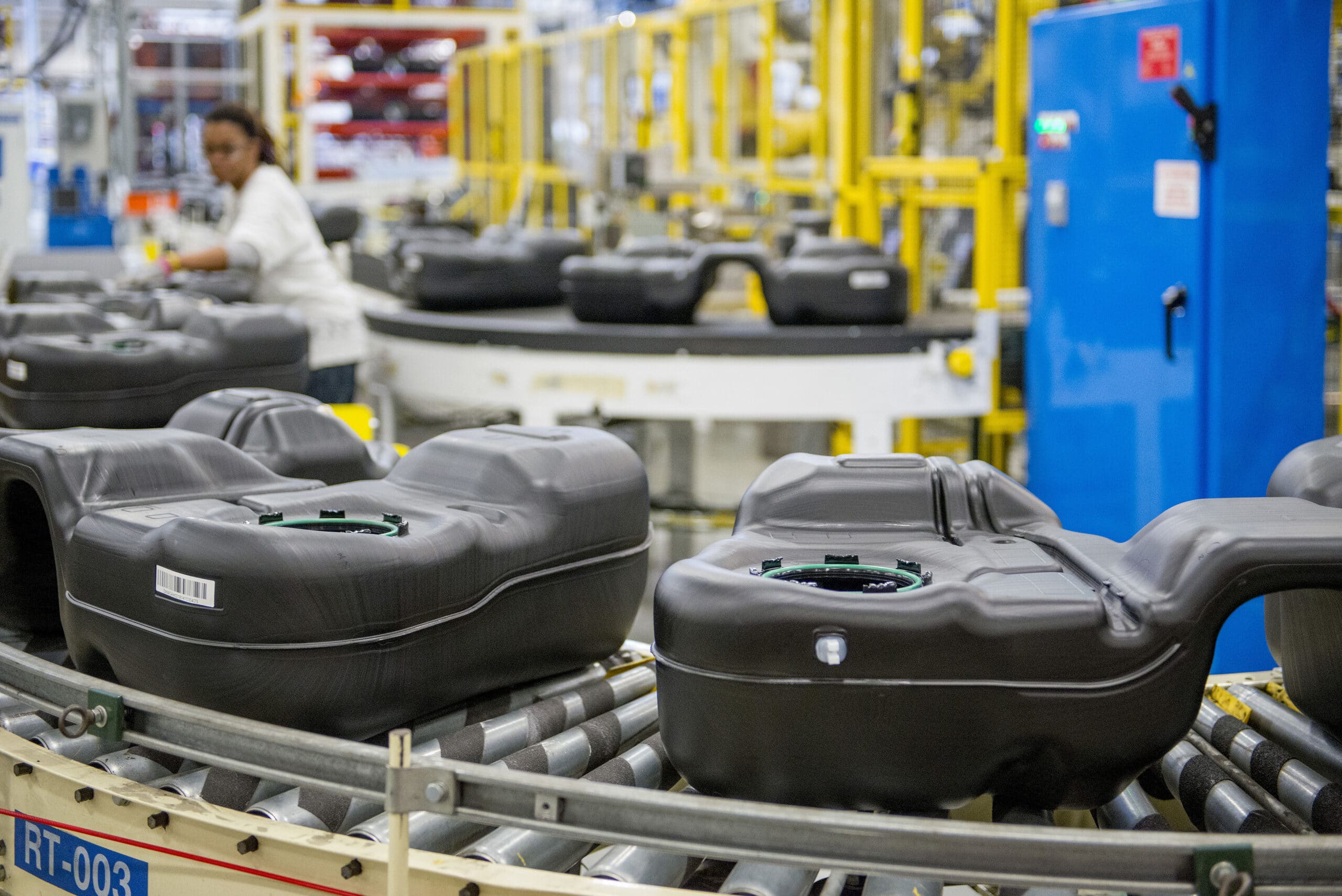In 2020, conduct a life cycle assessment (LCA) of fuel systems.
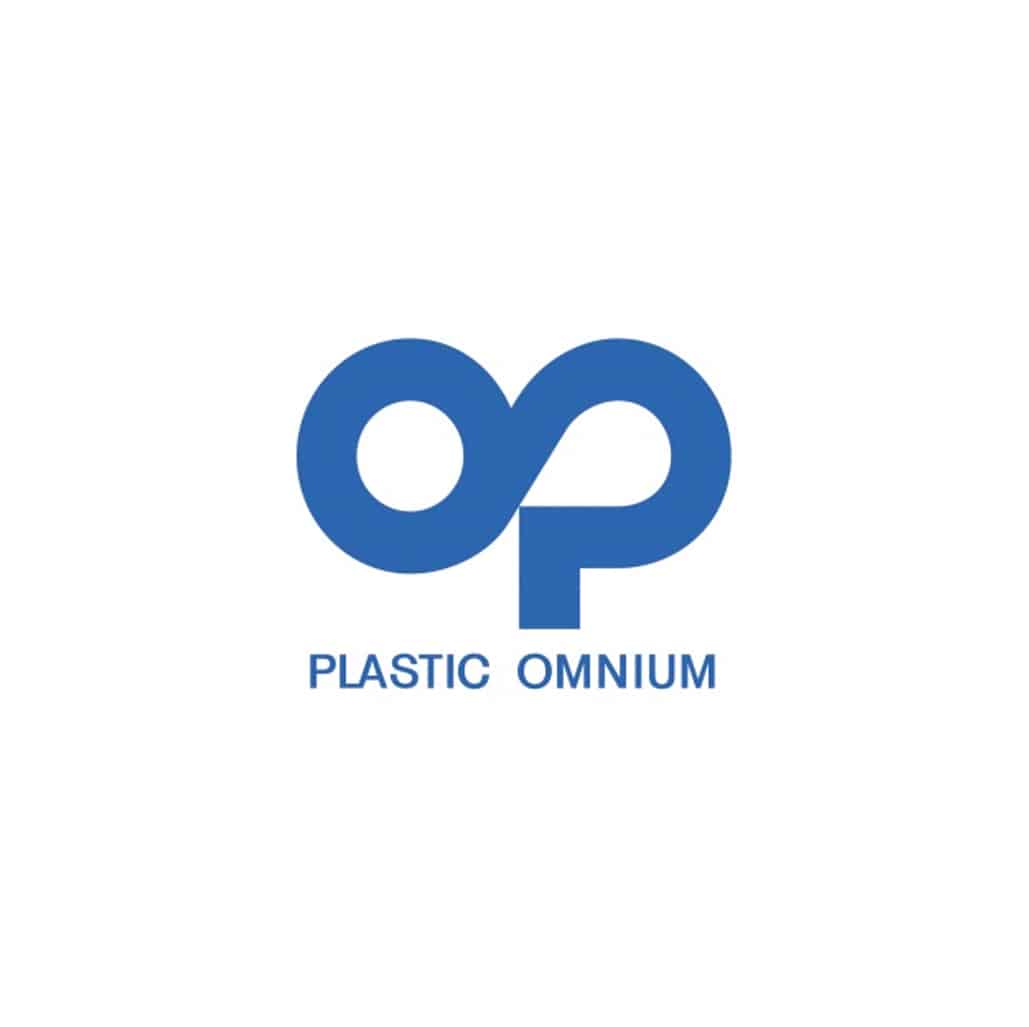
Terms of the action or commitment
Since 2019, Plastic Omnium has started a comprehensive life cycle assessment process for fuel systems.
The challenge is to obtain a dynamic mapping, through a parametric model, of the levers that can be used to reduce environmental impact (supply of bio-sourced and recycled materials, transport distances, energy efficiency of production tools, supply of green energy, use and end of life/recycling).
The challenge is to obtain a dynamic mapping, through a parametric model, of the levers that can be used to reduce environmental impact (supply of bio-sourced and recycled materials, transport distances, energy efficiency of production tools, supply of green energy, use and end of life/recycling).
Levers mobilized for circular economy (according to Ademe)
Implementation timeline
Starting year
2020
Ending year
2021
Main actors mobilized
Internal actors
Engineering departments
External actors
University of Brussels (VUB), PlasFuelSys Association (EUPC)
Geographic area
Europe first, then the United States and China
Photo / Video
2022 follow-up of the action
Date of follow-up
15/04/2022
Methods of validation of the follow-up
internal validation
Status of the action
In progress
Completed
a) Results
Achieved
Partially achieved
Not achieved
Cancelled
Comparison with the projected pace in the last publications
Keeping up with the times
In advance
Delayed
Partial / Final results
The project enabled the construction of a parametric model for calculating the carbon footprint of a fuel system. The life cycle analysis was carried out on 4 products and the results were shared internally and communicated to the customers concerned.
Company's comments
The calculator can be configured according to 4 criteria and allows us to discuss with our customers possible strategies for reducing the carbon footprint and recycling fuel systems.
The advantage of the tool is to allow a quick estimate of the carbon footprint, to compare different solutions. It is a flexible and free tool that allows easy and quick handling and contributes to the eco-design of products.
The tool was developed with a working group including different fuel tank manufacturers, which allows consistency of the data presented to manufacturers.
The advantage of the tool is to allow a quick estimate of the carbon footprint, to compare different solutions. It is a flexible and free tool that allows easy and quick handling and contributes to the eco-design of products.
The tool was developed with a working group including different fuel tank manufacturers, which allows consistency of the data presented to manufacturers.
